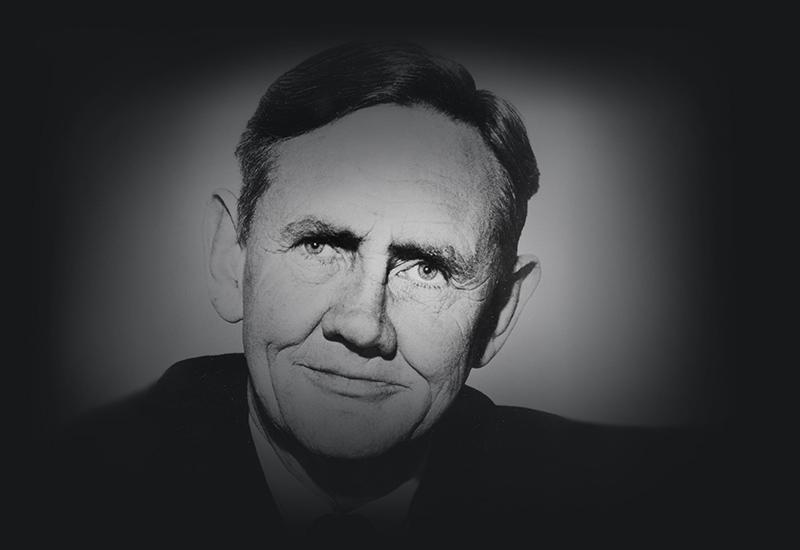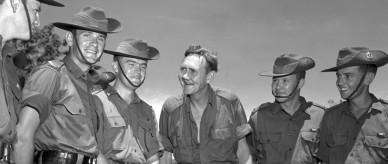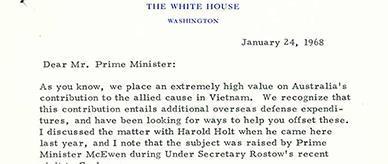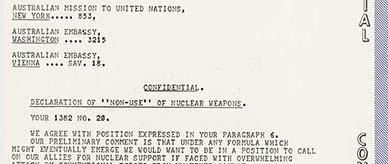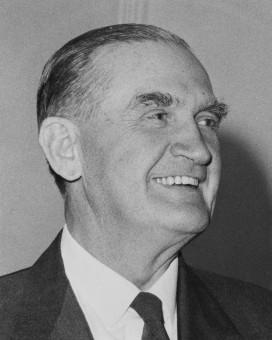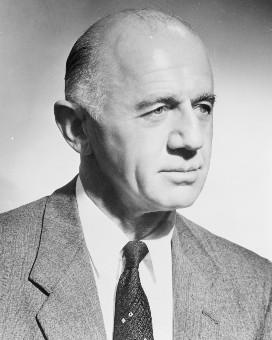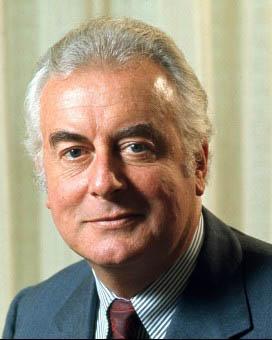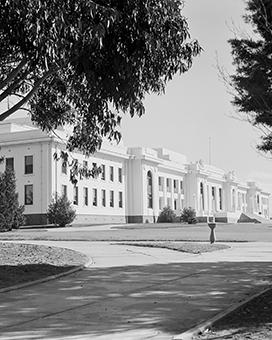About John Gorton
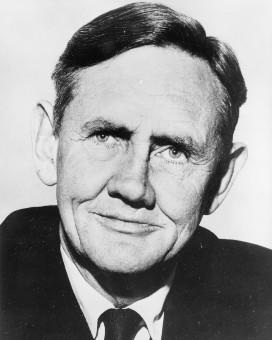
- Born: 9 September 1911
- Died: 19 May 2002
- Partner: Bettina Edith Gorton
- Political party:
- Country Party
- Liberal Country Party
- Liberal Party of Australia (as PM)
- Image: NAA: A1200, L63640
On 10 January 1968, John Gorton became the 19th Prime Minister in unusual circumstances. He was elected Liberal Party leader to replace Harold Holt, who had disappeared the previous month while swimming off the Victorian coast, and was presumed dead. Gorton also left the job in unusual circumstances – he declared himself out of office after a tied party vote of confidence in his leadership on 10 March 1971.
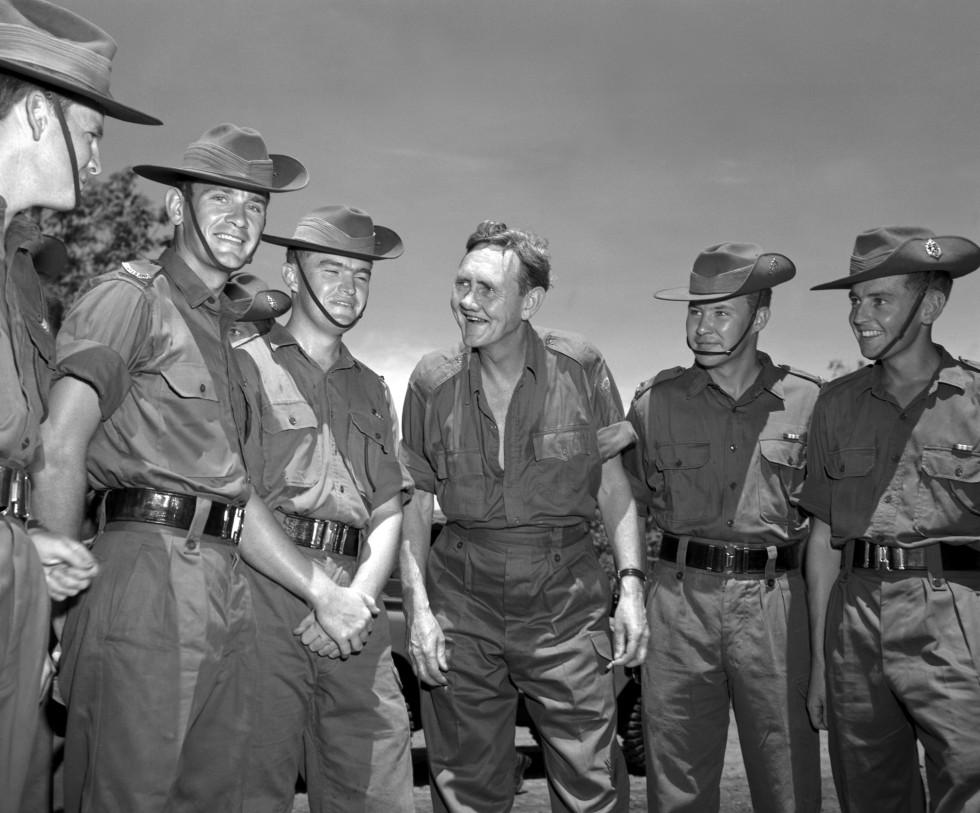
Australian soldiers meet Prime Minister John Gorton at Nui Dat, South Vietnam, in June 1968. NAA: A1200, L73423A
A determined non-conformist and a passionate Australian nationalist, Gorton wanted to turn thinking in the party, and in the nation, in a more independent direction.
Gorton was Senator for Victoria from 22 February 1950 to 1 February 1968 and a Member of Parliament for Higgins from 24 February 1968 to 13 December 1975.
Did you know?
John Gorton:
- was at school with film star Errol Flynn at Shore (1924-26) and painter Russell Drysdale at Geelong Grammar (1927-30)
- being lanky and casual, was nicknamed ‘Droop’ at Geelong Grammar
- is the only prime minister sworn in while still a senator
- for three weeks in February 1968, Gorton was prime minister but had no seat in parliament
- married American Bettina Gorton, the only prime-ministerial wife who was a citizen of another country

